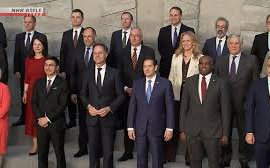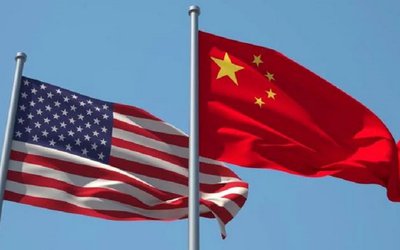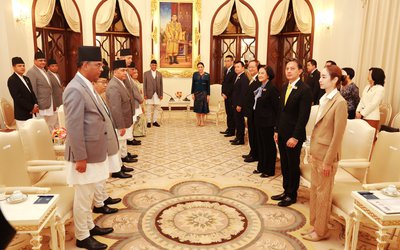More on International






It is one of those high-side experiences of a rollercoaster ride.
Coming as it does after the climate negotiations in the Danish capital Copenhagen hit an all time low last year.
But how long before the exhilarated spirit following last week’s Cancun climate agreement begins downhill descend again?
The deal in the Mexican touristic spot was quite sudden and surprising as negotiations had remained deadlocked until the last day of the two-week United Nations-led meet.
Even what were said to be manageable issues like protection of forests, financing poor countries to adapt climate change impacts, among others, had barely seen any meaningful progress.
Consensus on highly contentious issues like who should cut heat-trapping greenhouse gases by how much – in these times of economic difficulties -- and how should the reduction be measured and verified was simply out of question.
And yet the 194-nation UN climate body announced an agreement touching upon almost all of these issues -- most of them to be later discussed and decided, if ever.
Proponents of the deal, however, are still struggling to show if there were any real agreements that marked progress on past understandings.
So, why are they calling it a success then?
More than the content of the agreement, they see that the UN climate negotiations process has survived the threats it faced after the Copenhagen summit collapsed last year.
The edifice of the world body’s climate regime had been rattled after the United States ganged up with and the BASIC group comprising Brazil, South Africa, India and China to bring out the controversial Copenhagen accord last year.
Since the non-binding accord was brought in from outside the UN framework, its convention refused to adopt it and simply took note of it.
And with countries like the US and some of its allies having embarked on a diplomatic offensive to get other countries sign the accord, many thought that would mean slow death for the UN climate regime.
But the Cancun conference managed to get all the member-countries under one roof to announce the agreement.
Although there was strong opposition by Bolivia with moral support from Venezuela, Ecuador, Cuba and Nicaragua.
The US had to carry itself cautiously because any provocation risked big backlash as its Senate had only recently dumped the climate bill.
The good news for Washington was that while it couldn’t be so vocal because of its defensive position, Japan was doing the job for it this time.
The Japanese delegation made it clear that they would not support the continuity of the Kyoto protocol – the US’s nemesis – after it expires in 2012.
Russia echoed the same message in Cancun, giving another reason for the US to smile.
The treaty signed in 1997 requires rich countries to make mandatory carbon cuts while developing countries are exempted.
Citing that provision, the US had refused to sign the protocol while fast emerging economies like China and India have been its staunch advocates.
The issue of Kyoto protocol has been wrapped in a slippery language in the Cancun agreement.
Down to the wire negotiations in the future could well unmask it.
And the longevity of the UN climate process as well.







